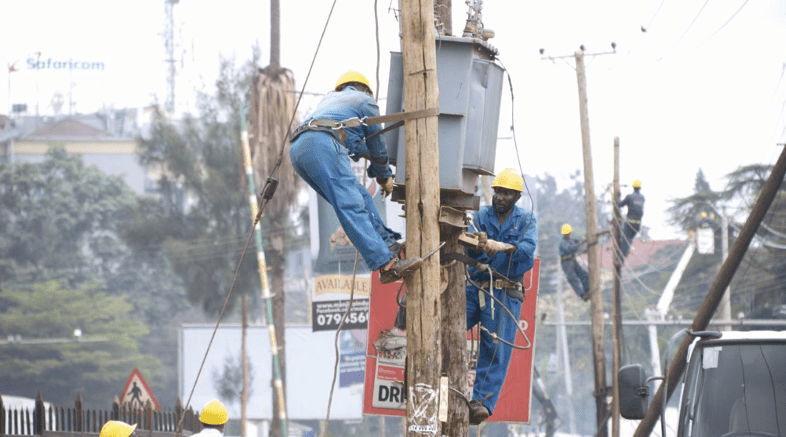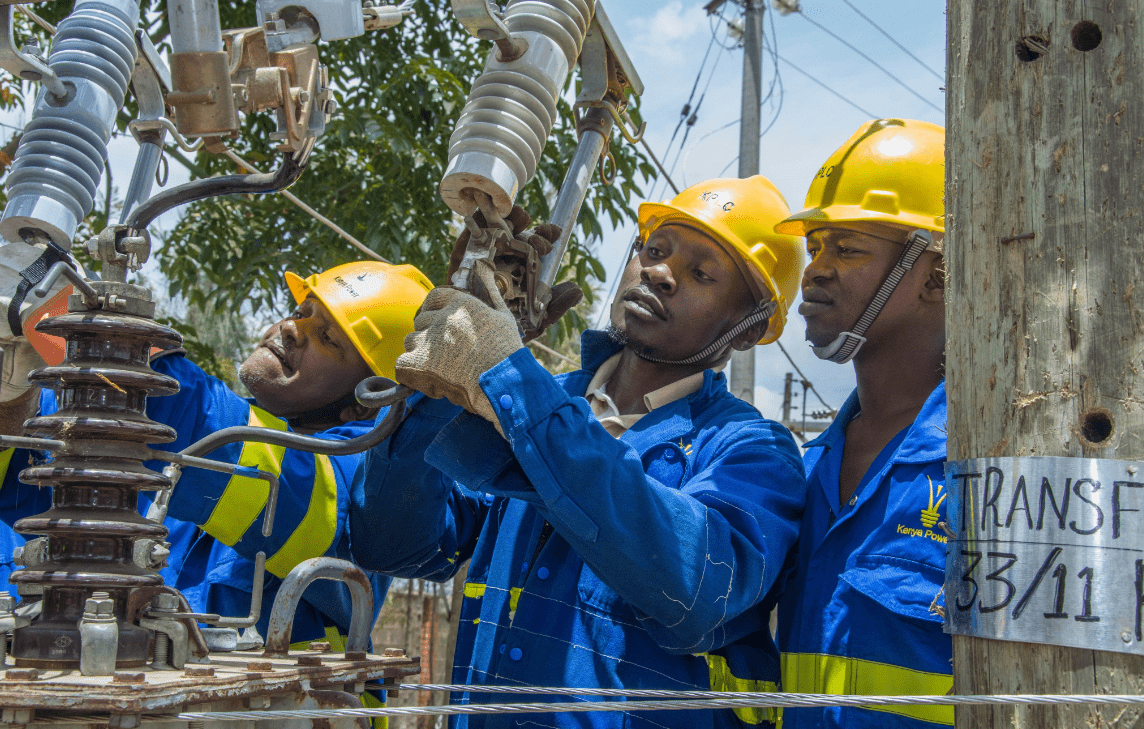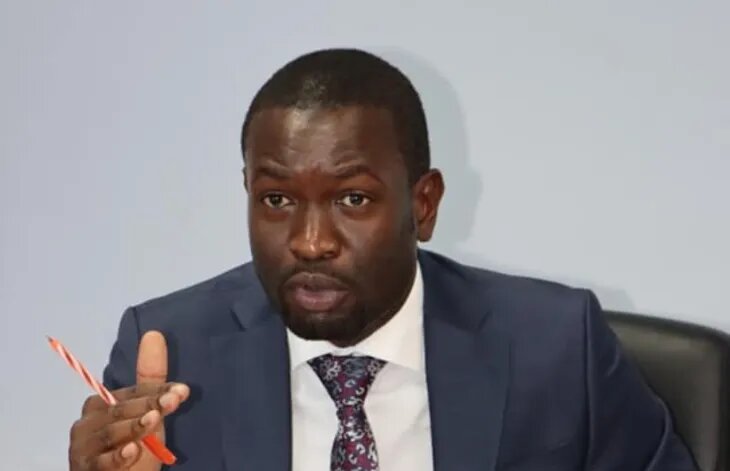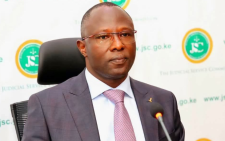Kenya Power pays US firm Sh2.1b to ease default fears

Ormat Technologies received a partial payment from Kenya Power for overdue amounts totalling $36.9 million (Sh4.7 billion) as of June 30, 2024, after a prolonged delay. The US-based energy firm, which had supplied electricity worth Sh4.3 billion by March 2024, had raised concerns over its financial exposure due to the slow pace of payments from Kenya Power.
Regulatory filings in March 2024 revealed that Kenya Power owed Ormat $62.8 million (Sh8 billion) as of December 2023, but only $32.2 million (Sh4.1 billion) had been paid in January and February 2024.
Further payments totalling $16.4 million (Sh2.1 billion) were made by Kenya Power in July and August 2024, covering 44.4 per cent of the total overdue amount.
In the second quarter of 2024, Kenya Power contributed 13.1 per cent to Ormat’s revenues, down slightly from 14.4 per cent in the same period the previous year.
“As of June 30, 2024, the amount overdue from KPLC in Kenya was $36.9 million of which $16.4 million was paid in July and August 2024,” said Ormat. OrPower, a subsidiary of Ormat, has come under scrutiny along with other private energy producers for high electricity tariffs, contributing to the high cost of living in Kenya.
Expensive tariffs
Earlier this year, Members of Parliament threatened to terminate OrPower’s contract, citing “unjustified expensive tariffs.”
The Energy Committee of the National Assembly presented documents showing that OrPower had been selling electricity at Sh18 per kilowatt-hour, while other vendors charged as low as Sh7 per kilowatt-hour.
Mwala MP Vincent Musyoka, who chairs the committee, questioned OrPower’s management on the high rates, calling them an unnecessary burden on taxpayers.
He demanded justifications for why OrPower should continue operating with such high tariffs, warning that their contracts could be terminated. In response, OrPower’s legal adviser, Lynn Alster, stated that they would only review the tariffs once Kenya Power settled its overdue debt obligation. OrPower is among the private power firms accused of driving up electricity costs in Kenya, generating 120 megawatts from its four geothermal wells in the Olkaria III Complex.
Musyoka also questioned why OrPower had not reduced its tariffs despite having recouped its initial investment costs.
Alster defended the high costs, citing the significant expenses involved in updating and optimising the geothermal plants and emphasised that OrPower is not the most expensive geothermal power provider.
OrPower 4 is Kenya’s third-largest power producer, following the State-owned KenGen and Lake Turkana Wind Power. After only three Independent Power Producers (IPPs) accepted tariff reductions during intense negotiations, the government turned to Kenya Electricity Generating Company (KenGen) and Ethiopia Electric Power (EEP) to cushion consumers.
Cheaper power
These two State-owned producers offer relatively cheaper power compared to the costly thermal electricity supplied to Kenya Power by the IPPs. EEP is expected to cost between Sh6 and Sh7 per kilowatt-hour, significantly lower than the Sh195 per kilowatt-hour rate charged by some IPPs.
Kenya Power purchases over 70 per cent of its electricity from KenGen at a rate of Sh5.4 per kilowatt-hour.
The unsuccessful attempt to edge out the IPPs was aimed at enabling the state utility to cut electricity tariffs without facing financial challenges, but progress has been limited so far.















